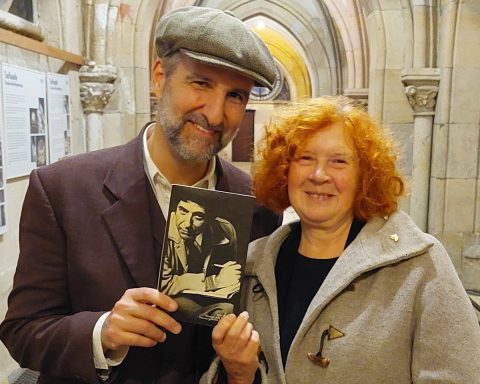At the Dresdner 59, there really is a little something for everyone.
The project in Reudnitz offers a drama group, Capoeira lessons, a kids’ club, upcycling afternoons, a choir, a book club, ladies’ breakfast mornings, and language classes – to name just a few of the 17 regular weekly activities.
As the name suggests, it is located at Dresdnerstraße 59, in the rectory of the Evangelical Lutheran Trinity Church Community. The church, along with Diakonie Leipzig, are responsible for the project, which sees itself as a “space for meeting, participation and culture.”
Johanna Pahl, the project coordinator, tells me how the project came into being:
“In the church community, there were very few participants – hardly anyone came anymore. So then the question was, what do we do with these rooms? How can we bring life back into the space?”
A proposal was made and Johanna’s position was created. She began by asking the inhabitants of Reudnitz what was missing from the area and what they wanted to see from the project.
The first idea proposed was a café, then language classes were suggested.
After that came the idea that childminding should be offered alongside the classes, so parents weren’t excluded from taking part. An upcycling workshop was then suggested, and one idea led to another.
Johanna estimates that around 100 attendees take part in the various activities at Dresdner 59 each week, facilitated by around 25 volunteers.
Johanna emphasises that the project brings positivity not only to participants but also to those organising the events:
“I think when people are responsible for something, for example organising an event, it does them good, in terms of self-confidence, for example. Perhaps if someone is unwell, they feel better internally.”
The idea is to create a space for people in the neighbourhood to meet each other and get away from isolation. Says Johanna:
“Das schöne Leben ist in der Gemeinschaft; the good life is in the community.”
Assad, a refugee from Syria, goes to the Dresdner 59 because “there are a lot of friendly and helpful people.” Hanan from Tunisia agrees: “I’m a foreigner here and I need to meet people and speak with them and practice German.”
For refugees and migrants, including myself, who have come to Leipzig, Dresdner 59 has offered just that: a space to get to know others, to make contacts, to learn and practice German, and to find a home away from home.

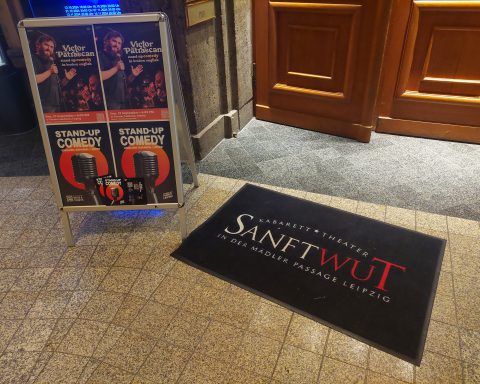
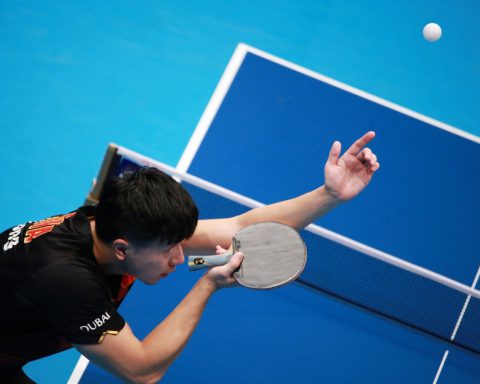
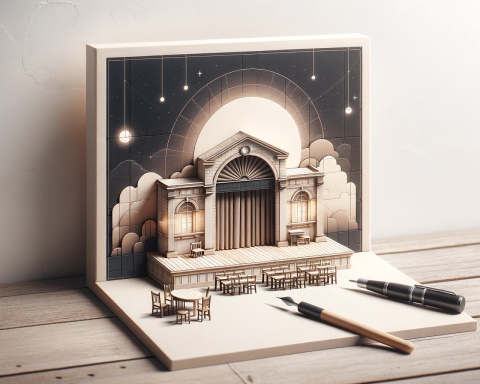

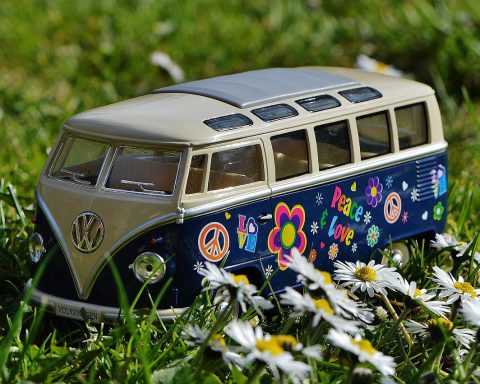


![Wine & Paint event on 9 Nov. 2024 at Felix Restaurant, Leipzig. Photo: Florian Reime (@reime.visuals] / Wine & Paint Leipzig](https://leipglo.com/wp-content/uploads/2024/12/pixelcut-export-e1733056018933-480x384.jpeg)
